Cleaning up the plastic in the ocean
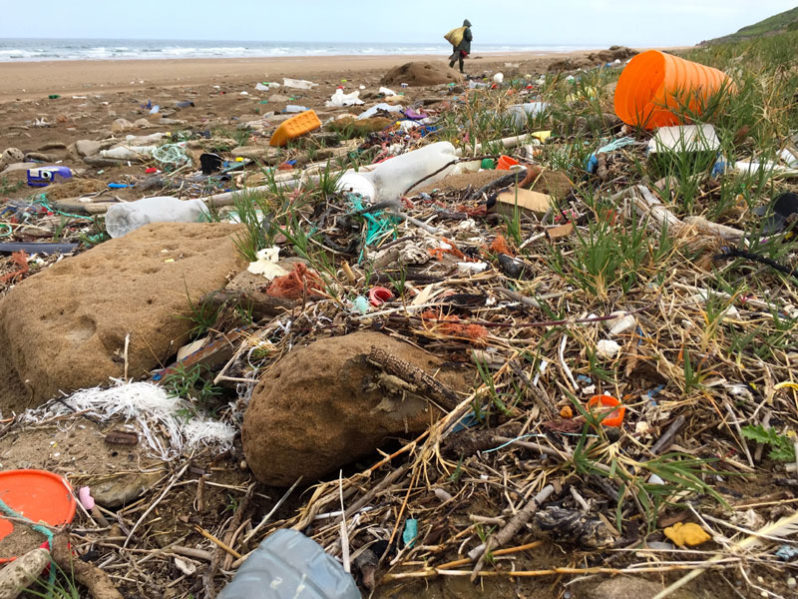
Discarded plastic is piling up around the world and pooling in the ocean. Sharyn Alfonsi reports on the problem’s deadly consequences for wildlife and what can be done to stop it
Gambian environmental activists take swift Action against Chinese plant polluting their ocean water
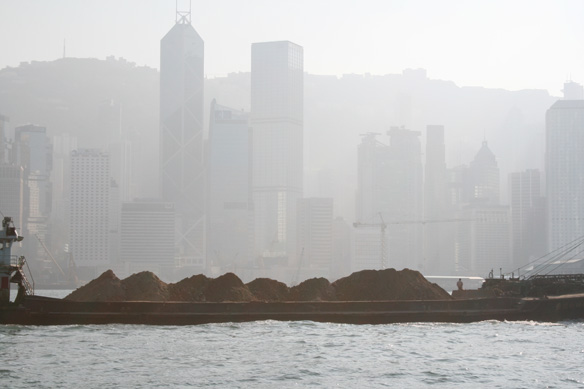
After activists said a Chinese-run fish processing plant – that arrived in 2014 – had failed to remove a pipe accused of spewing toxic waste into the sea, local youth issued an ultimatum: Dig the pipe up, or we will. They did, storming the beach.
Marine waste is turning the Earth into a plastic planet

The Ocean Atlas published by the German Heinrich Boll Foundation, an independent international green think tank for policy reform and the University of Kiel’s Future Ocean Cluster of Excellence, lists the top 20 nations with the worst plastic waste mismanagement around the world.
How plastic waste moves in the environment
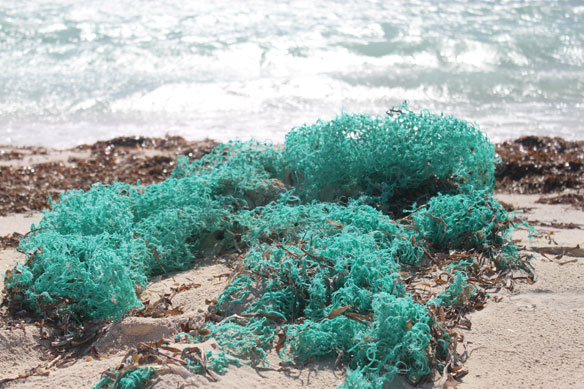
A researcher for the first time has modeled how microplastic fibers move through the environment. The work could someday help communities better understand and reduce plastics pollution, which is a growing problem around the world.
Cruise ship captain fined €100,000 for using dirty fuel
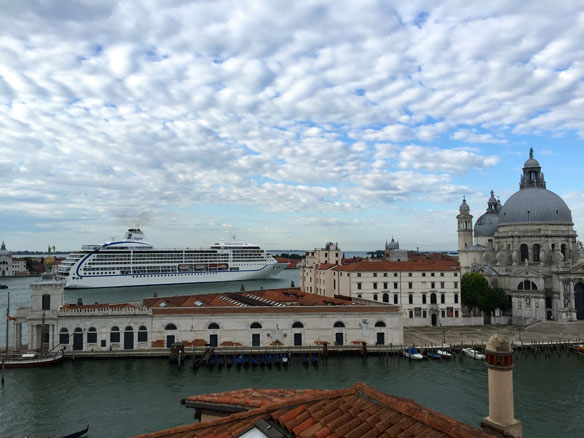
The captain of a cruise ship found to be burning fuel with excessive sulphur levels has been fined €100,000 in a Marseille court, the first such ruling in France. The prosecution was intended to signal a new seriousness in tackling pollution from cruise ships.
Putting the brakes on fast fashion
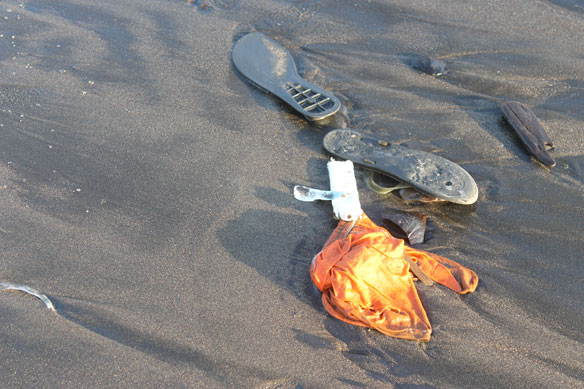
The fashion industry produces 20 per cent of global wastewater and 10 per cent of global carbon emissions – more than all international flights and maritime shipping. Textile dyeing is the second largest polluter of water globally and it takes around 2,000 gallons of water to make a typical pair of jeans.
Cruise ship to provide ‘$2.1m undertaking’ after Great Barrier Reef spill
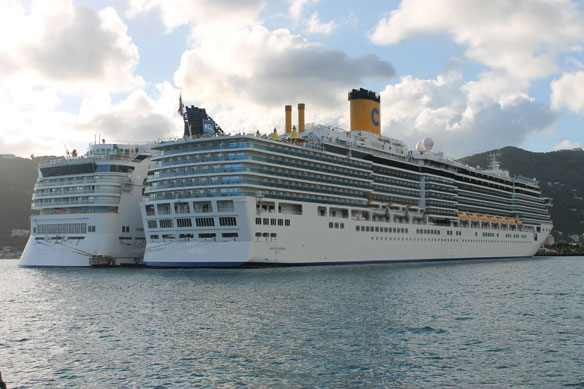
Carnival Australia has been compelled to provide a “$2.1m undertaking” after spilling 28,000 litres of liquid food waste into the Great Barrier Reef’s protected waters.
We made plastic. We depend on it. Now we’re drowning in it.
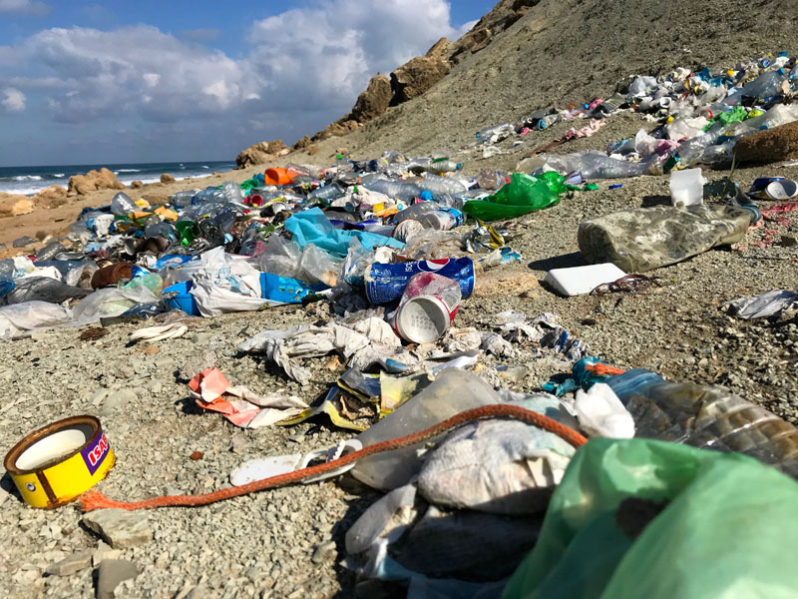
No one knows how much unrecycled plastic waste ends up in the ocean, Earth’s last sink.
A running list of action on plastic pollution
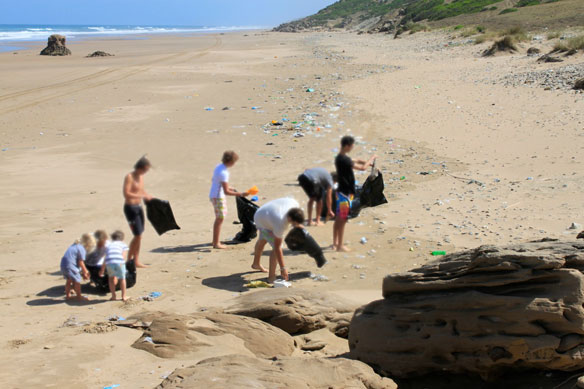
The world has a plastic pollution problem and it’s snowballing—but so is public awareness and action. Each year, an estimated 18 billion pounds of plastic waste enters the world’s ocean from coastal regions. That’s about equivalent to five grocery bags of plastic trash piled up on every foot of coastline on the planet.
